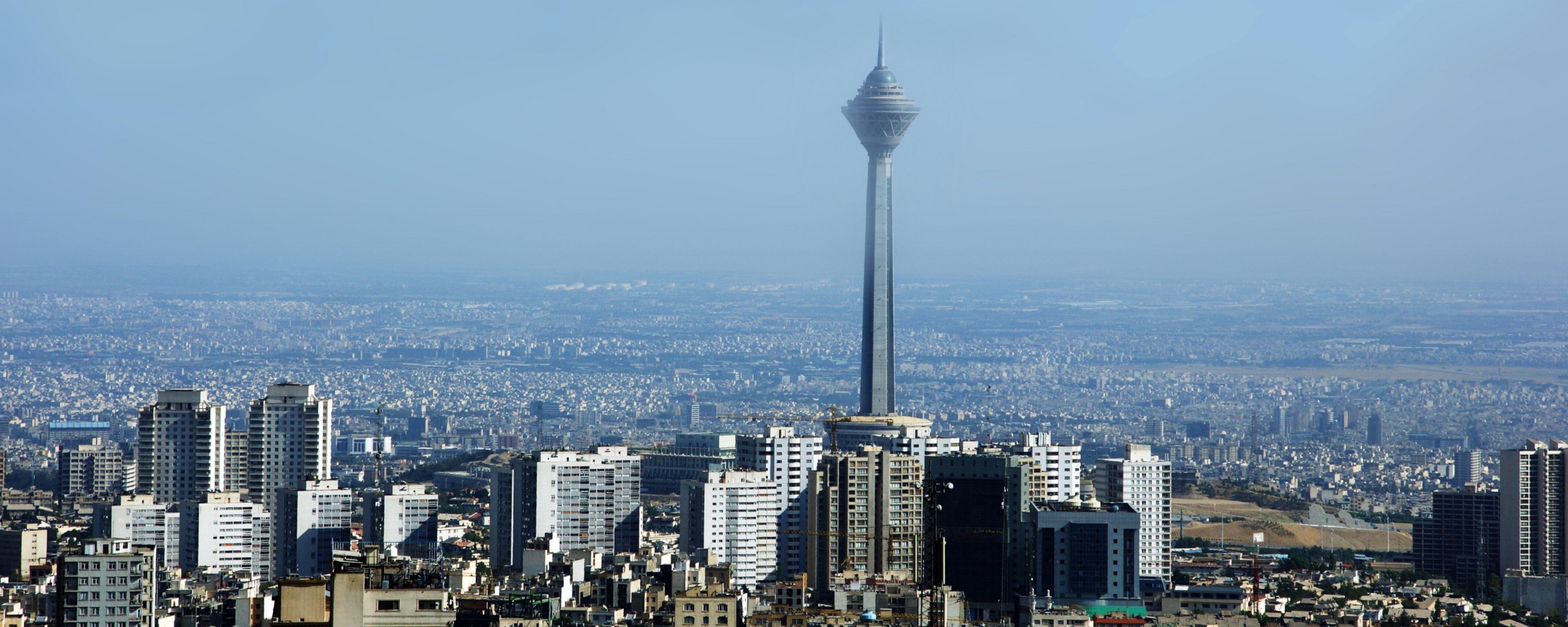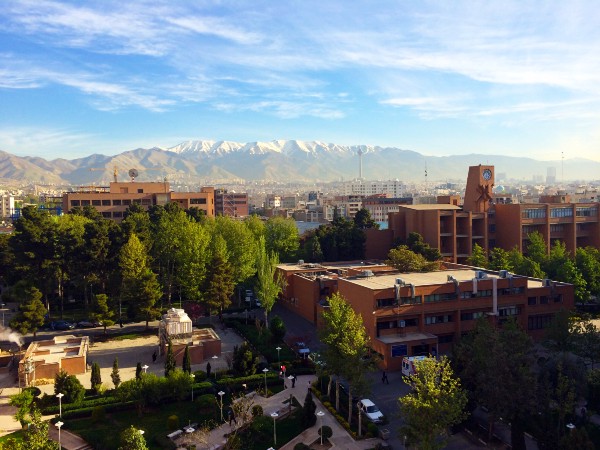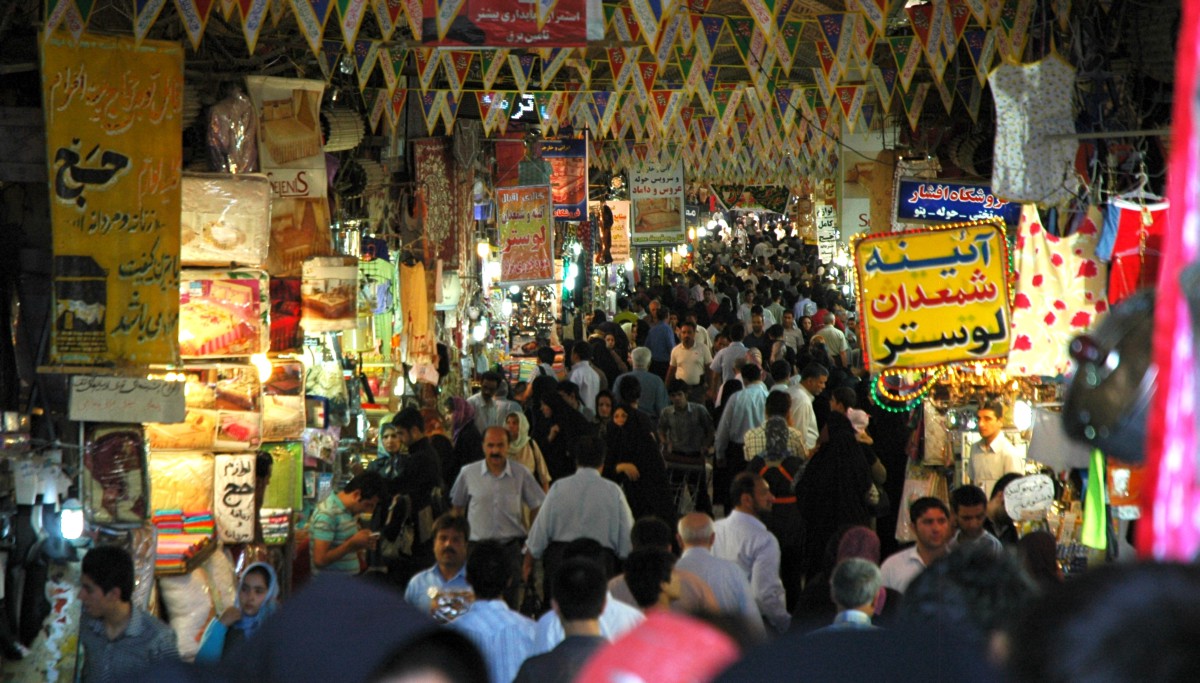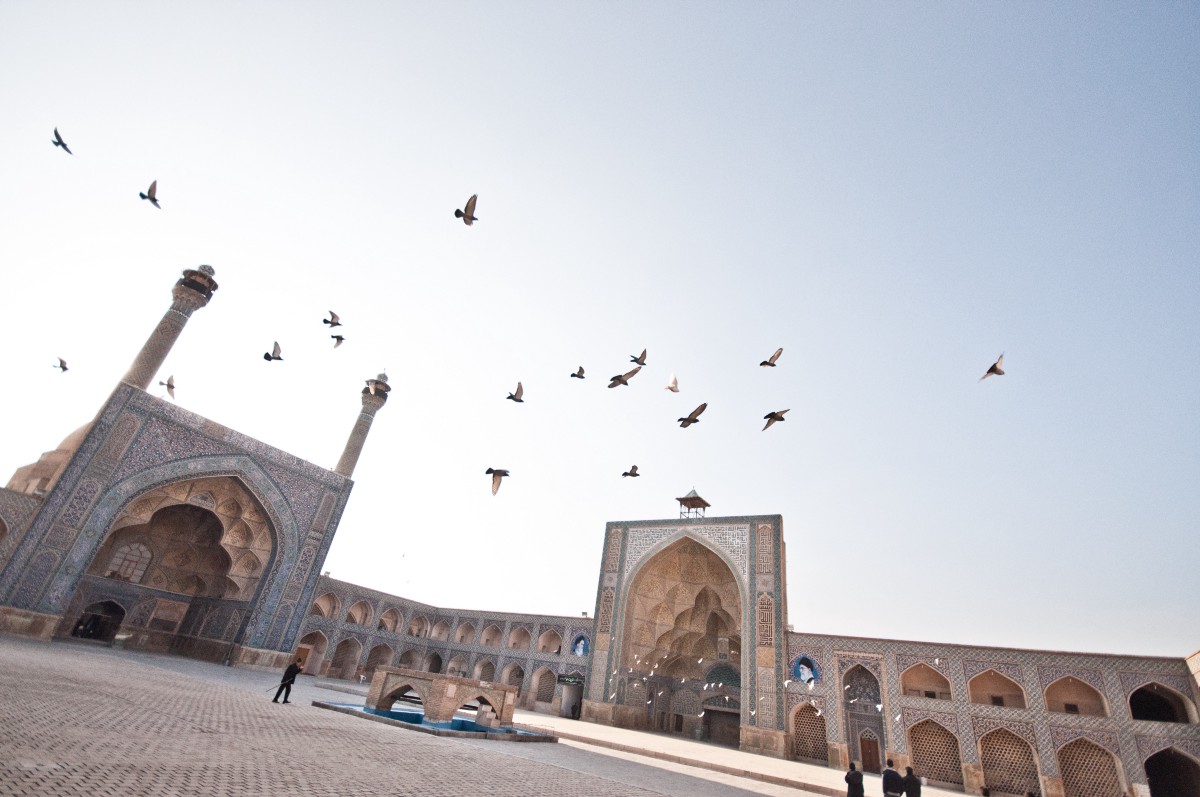

Iran is incredibly fertile ground for tech firms. The figures are startling: With more than 46 million users, internet and smartphone penetration is very high (57.2 percent), representing almost half the Middle East’s online users. Ninety-two percent of Iranian adults have a bank account and a debit card (subsidized by the government). Meanwhile, the country’s government has been under increased pressure to improve business conditions.
On July 14, 2015, Iranian officials signed a historic agreement with six major world powers (the United States, United Kingdom, Russia, France, China, and Germany), which saw the country agree to curb its nuclear program in exchange for the lifting of sanctions imposed against the Islamic Republic in 1979. As it stands, opening Iran’s economy to the world will lead to seismic changes within its technology sector.
One of Iran’s biggest assets is most definitely its human capital–a young and highly educated population. Seventy percent of the 80-million-strong population is under 35. In addition, the Iranian diaspora could become one of the best assets of Iran’s startup ecosystem. “What we need right now in Iran is a reverse brain-drain,” said Alireza Jozi, co-founder of the Iranian technology website TechRasa. The presence of renowned academic institutions such as Tehran’s Sharif University of Technology surely helps, too. “This shows the big talent pool in Iran, with many university grads with the spirit of entrepreneurship,” he said.

Iran’s entrepreneurial community witnessed rapid growth between 2012 and 2013 when its first startup events began to spread around the country. Nowadays there’s a rich and vibrant ecosystem, but achieving such progress hasn’t been easy with international sanctions in place.
Among the worst effects has been limited communication with international companies and networks in the field of innovation. “Local entrepreneurs could have learned from the experiences of their peers abroad,” explained S. Hossein Nabavi, managing partner at ILIA Corporation, who advises international companies on their market entry strategies to Iran, adding that “sanctions also had a positive effect.”
Indeed, as startups could not previously expand internationally or provide payment options outside of Iran, trade barriers have provided local technology entrepreneurs a form of protection from outside competition. “This really helped Iranian founders, who took the opportunity to establish startups while their international competitors were stuck on the other side of the wall,” said Jozi.
As such, local incarnations of widely used international services have become wildly popular in Iran, including the Amazon-inspired marketplace Digikala–now valued at up to $500 million, the Groupon-like Takhfifan, leading Android app store Café Bazaar, audio and video streaming services Aparat (YouTube) and Navaak (Spotify), the Ebay-esque Esam, social network Cloob, and Kickstarter-twin Hamijoo.

How these companies will cope with the sanctions being lifted and international competitors entering the market is open to debate. “The high-level international competitors will force Iranian startups to mature faster and grow in order to compete with their international rivals,” said Jozi.
As Iran opens to the world, the positive effects should far outweigh any negative ones, though. Just as international, online services like Oracle, Cisco, and Google become available, a return to international money transactions will no doubt boost the country’s isolated e-commerce sector.
Most importantly, foreign investment will flow into the local technology scene, with many international investors and VCs having already shown interest. The Iranian diaspora is one potential big source of income–particularly if its members assume the roles of angel investors. Once the sections are lifted, a lot of acquisitions are expected within the first few months.
Jozi believes that “many international players will choose the easy option of acquiring startups” already in place. It remains to be seen, however, whether Iranian technology companies will agree to be bought out or if “the community will resist and continue to progress on its own,” said Nabavi.

Operating accelerators like Avatech–a six-month program backed by Iran’s first venture capital fund Sarava–will offer its companies vital support, including free office space, mentoring, an initial grant of 250 million Iranian rials ($8,900), and an introduction to angel investors. Another important accelerator, DMOND, is supported by Californian Plug & Play Tech Center and run by the Amidi family, which counts PayPal as one of its previous successful investments.
Iran’s tech event calendar is pretty busy, too. More than 900 participants (four times the 2014 number) attended this year’s Iran Web & Mobile Conference. Other popular events include the International Conference on Web Research, the Iran Web Festival, and Iran-focused conferences organized by iBridges taking place abroad. Fifty-one startup guidance weekends have been held in 19 cities since 2012, said Hamdi-Reza Ahmadi, director of Iran’s Entrepreneurship Association. Regular meetups include Startup Weekends, Hamfekr, Lean Startup Machine, and events helmed by Iran Startups. Also, the Google-backed Start-Up Grind has opened a chapter in Tehran.
Meanwhile, a new breed of globally minded startups is emerging. Project management platform Taskulu is focusing on international markets and over 60 percent of its customers are non-Iranian. Others include audiobook service Namlik; online video learning platform Faranesh; listings service Sheypoor; car marketplace Bama; and daily-deal e-commerce site Netbarg and Reyhoon, a platform that aims to simplify the online food-ordering business.
Jozi said that even despite rapid growth, the scene is still young and perhaps lagging behind other regional players. “The speed that the ecosystem is growing is much faster than other countries,” he said, adding that as Iran opens up to the world, it is not hard to imagine it becoming a hub for startups and innovation in the Middle East. “There is no reason why we can’t achieve this.”


How We Get To Next was a magazine that explored the future of science, technology, and culture from 2014 to 2019. This article is part of our Metropolis section, on the way cities influence new ideas–and how new ideas change city life. Click the logo to read more.
